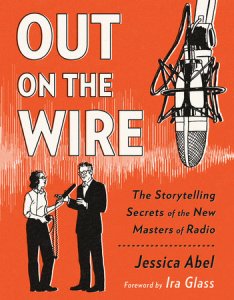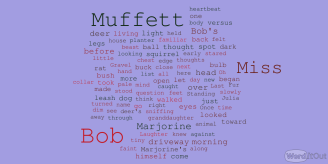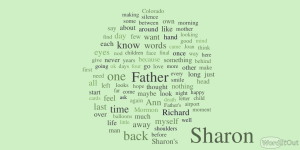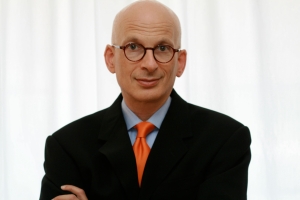 My first book was published thirty years ago. Finished manuscript in hand, I eagerly sent it off to a famous author, a respected entrepreneur whom I had met a few months earlier. “Would you be willing to write the forward to my new book?” I asked. My editor and co-author were counting on my connection to this man to transform our book into the bestseller we hoped it might become.
My first book was published thirty years ago. Finished manuscript in hand, I eagerly sent it off to a famous author, a respected entrepreneur whom I had met a few months earlier. “Would you be willing to write the forward to my new book?” I asked. My editor and co-author were counting on my connection to this man to transform our book into the bestseller we hoped it might become.
Two days later, the response showed up in my mailbox. “I would have been happy to contribute to your new book, Seth, but since you spelled ‘foreword’ wrong, I’m afraid I have to pass.”
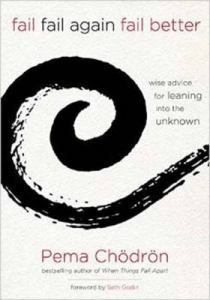 As a first time author, everything was at stake and this very personal, very careless failure resonated with me for years to come. I had blown it, really and truly.
As a first time author, everything was at stake and this very personal, very careless failure resonated with me for years to come. I had blown it, really and truly.
A few years ago I began to think of this differently. What Andy had inadvertently taught me is that “forward” is far more powerful and important than “foreword” ever could be.
In the years that followed that book, I got more than a thousand rejections to the book proposals I sent to publishers. I launched projects that didn’t work the way I hoped they would, I wrote blog posts that didn’t resonate and spread, told stories on stage that didn’t hot their mark. All in an effort to go forward.
– Seth Godin, from Introduction to Fail Fail Again Fail Better by Pema Chodron

